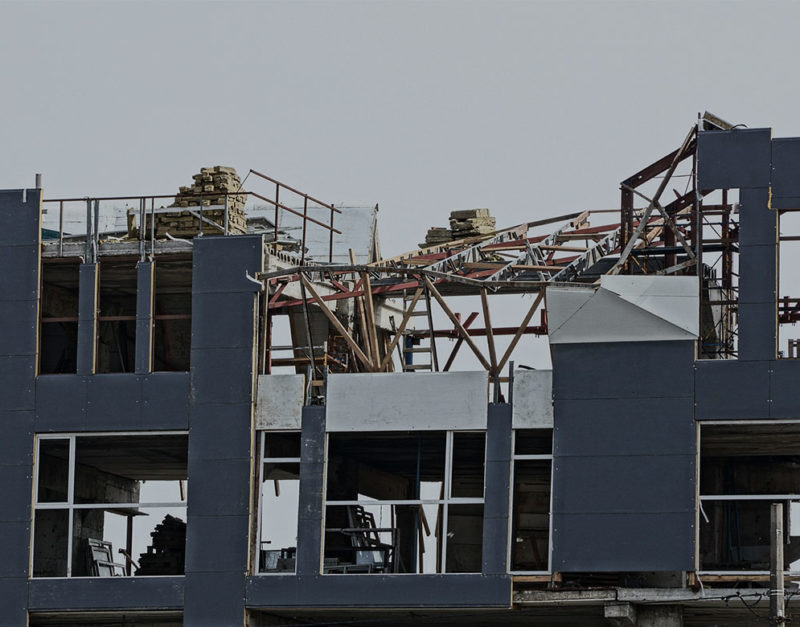 July 7, 2022
July 7, 2022 Asbestos, a known carcinogen, is widely used in the construction industry. Federal regulations are in place to protect the public from dangerous exposure to airborne asbestos particles. But sometimes these regulations hinder rather than help, as is happening in Sulphur, Louisiana, where cleanup of a potentially hazardous property is being hampered by concerns over asbestos.
What Is Asbestos?
Asbestos is a group of naturally occurring minerals that are durable and resistant to heat and corrosion, making them especially useful in many commercial and household applications. Asbestos has been mined and used commercially since the late 1800s and is still used in a variety of ways.
Where Is Asbestos Found?
The many uses for asbestos in the construction industry include roofing material, insulation, paints, and ceiling and floor tiles. Asbestos has been used in shipbuilding to insulate boilers and pipes, and vehicle brakes can contain asbestos. Household uses potentially include kitchen appliances, potholders, talc, vermiculite-containing garden products, and even crayons.
What Are the Hazards of Exposure?
The pervasive use of asbestos, both past and present, and its natural occurrence in soil and water, mean that everyone is exposed to it at some time. When asbestos is disturbed, minuscule fibers are released into the air and breathed in. When these fibers get trapped in the lungs, they can cause damage that leads to difficulty breathing and also serious disease. Among the known diseases asbestos can contribute to are:
- mesothelioma
- lung cancer
- cancer of the larynx
- ovarian cancer
Asbestos is also suspected to be a factor in cancers of the stomach, pharynx, and colorectum.
The National Cancer Institute lists the following circumstances as important in determining how asbestos exposure affects an individual:
- How much asbestos a person is exposed to
- How long a person is exposed
- Size, shape, and chemical makeup of the asbestos fibers
- Source of the exposure
- History of smoking
- Preexisting lung disease
According to the Occupational Safety and Health Administration, “There is no ‘safe’ level of asbestos exposure for any type of asbestos fiber.”
How Do Federal Regulations Help and Hinder Asbestos Cleanup Efforts?
In 1989, the EPA banned all new uses of asbestos and created regulations to control the places where asbestos is still found, such as in schools and during cleanup of older buildings.
These regulations for the construction industry are meant to protect the environment from asbestos particles being flung into the air, but they can also slow down cleanup efforts after hurricanes and other disasters.
For example, in Sulphur, Louisiana, the Louisiana Department of Environmental Quality (DEQ) stopped cleanup of a property where a recent hurricane destroyed a gas station. The DEQ claims there hasn’t been an asbestos inspection and the owners must therefore treat all the debris as asbestos. This means hiring an asbestos professional to use specialized techniques to clean up the property to prevent asbestos particles from becoming airborne and inhaled.
Meanwhile, the site is an eyesore, and local citizens throw additional items, such as old tires, onto the pile of debris, potentially stirring up asbestos-containing dust.
“If [the cleanup was] stopped in the name of environmental quality, what is that? It’s pretty laughable,” said Police Juror Judd Bares.
How We Help Victims of Asbestos Exposure
Seek justice with the help of our experienced asbestos attorneys. Our asbestos law firm has represented individuals like you affected by asbestos exposure for over 20 years, aggressively fighting the corporate giants responsible for their dangerous products. If you or a loved one were exposed to asbestos or suffer from a disease caused by asbestos like mesothelioma, we can help.



